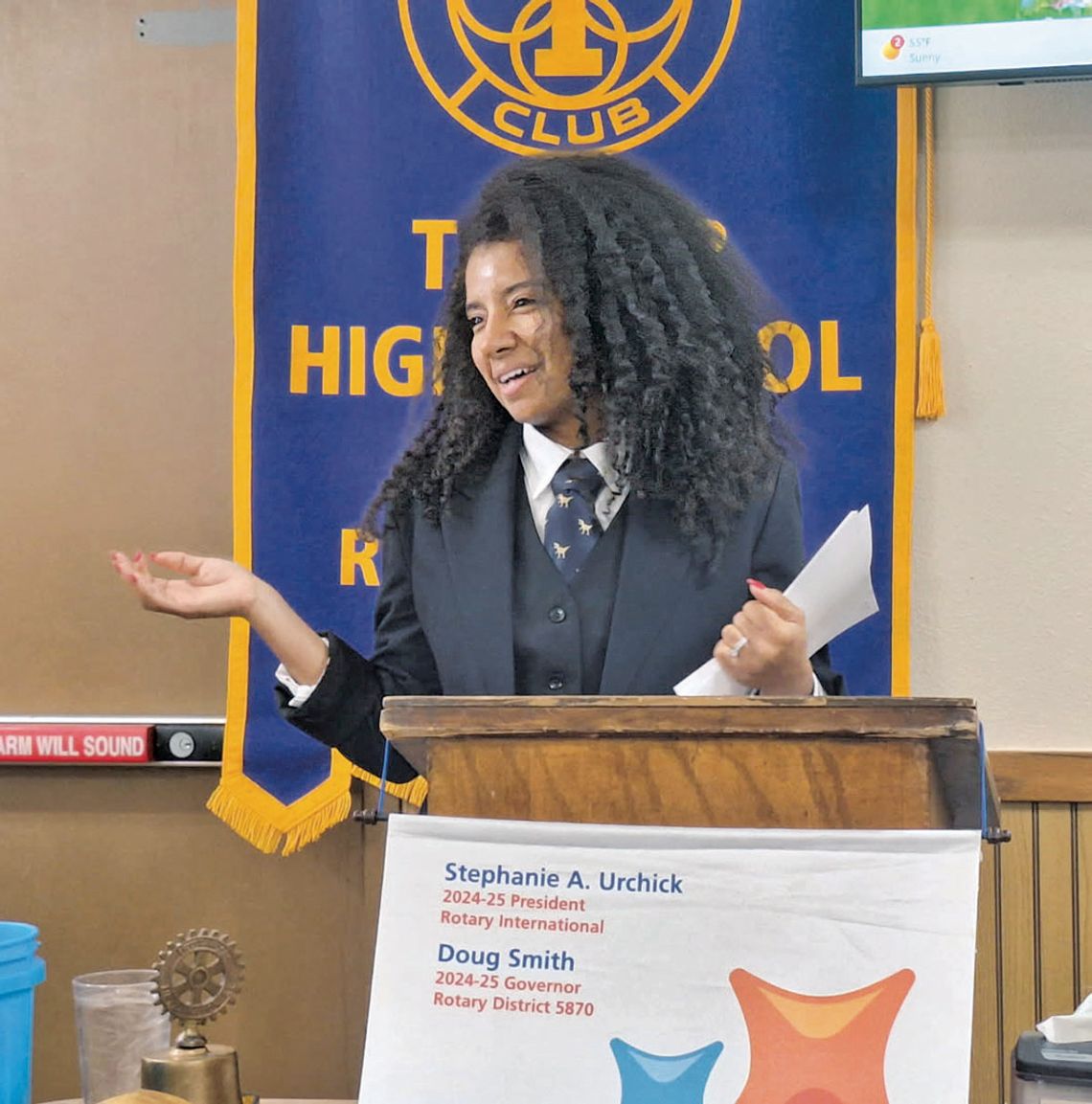Precinct 4 death investigator always wanted to ‘work with bones’
Sandy Call speaks for the dead.
The new Williamson County Precinct 4 death investigator recently told listeners during a luncheon she is “an advocate for people who no longer have a voice, and I can restore people to their dignity.”
Since she began her job in January, she has hit the ground running.
The Chicago native and Army veteran said Williamson County has made a good impression on her.
In August, county commissioners budgeted some $309,000 for four death investigators to ease the workload of the county’s four justices of the peace.
The investigators — one of whom is in a supervisory capacity — assist JPs in death inquiries, are tasked with visiting places where deaths occur and prepare needed reports to assist police agencies and others.
“I love working in Williamson County,” Call said. “The people are phenomenal, everyone is welcoming and everything I learned has been amazing.”
Call recently spoke at the Rotary Club of Taylor, which meets noon Thursdays at Sirloin Stockade, 3607 N. Main St.
She works closely with Precinct 4 Justice of the Peace Rhonda Redden, whose husband, Greg Redden, is the president of the local Rotary chapter.
During her talk, Call said she’s always been fascinated by bones. After an eight-year stint in the Army, she wanted to find a career where she could “work with bones.”
“I completed my service honorably and decided to use my G.I. Bill to go to college,” Call said. “I took some anthropology courses, and I was absolutely blown away with how much you can determine about a person by looking at their bones.”
According to Call, she learned to determine age, race, gender and other clues that law enforcement uses to identify deceased persons. She also learned how to interpret trauma as a cause of death.
Call holds a doctorate in forensic science and forensic anthropology. Prior to taking the death-investigator position, Call worked in the Travis County Medical Examiner’s Office.
“When we moved to Fort Hood/Cavazos in 2016 … I found out that the Travis County Medical Examiner’s Office was looking for an anthropologist,” she said. “When I applied, they told me that I had to learn how to be a death investigator, too. I went through the training and was ready to go.”
A death investigator is different from a medical examiner.
Medical examiners are full-fledged physicians who are trained in forensic pathologies, usually to probe suspicious or unusual deaths. They are usually aided by medical investigators.
Call said she met her husband, Jason Call, under interesting circumstances while they served in the armed forces.
“We met in Saddam Hussein’s hometown during the year of his execution (2006),” Sandy Call said. “It was very romantic.”
Hussein, the dictator of Iraq, was deposed when U.S. and allied forces occupied the country.
According to Call, her husband served 24 years active duty with 10 years in combat as the pilot of Apache attack helicopters.
She also spoke about one of her first death-scene probes in Travis County.
“We had a decomposed man. It was that August, and I could smell the scene seven minutes before I got there,” Call said. “When I got there, I had on pants and boots. There was a mass of maggots underneath his armpit. They rolled him over and those maggots went into my boot. All of the officers who witnessed it took off to un-digest their lunch. I survived it, but my boots did not.”
Though some might consider the job unsettling or even gruesome, Call said she loves what she does.
“One of the perks of this job is providing answers and comfort to people on one of the worst days of their lives,” she said.
“
“I love working in Williamson County.”
— Sandy Call, Precinct 4 death investigator





